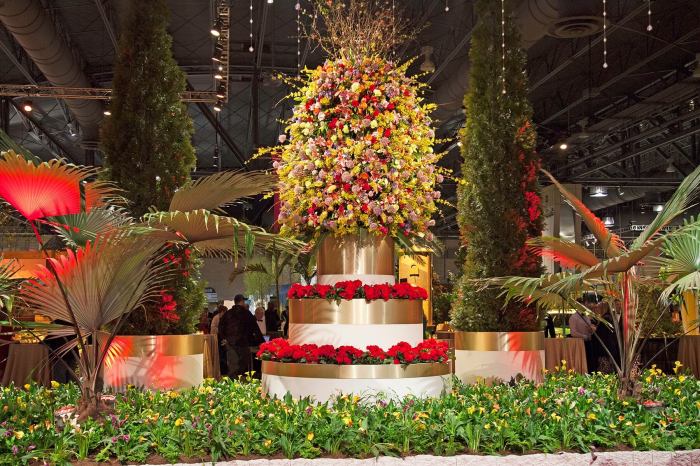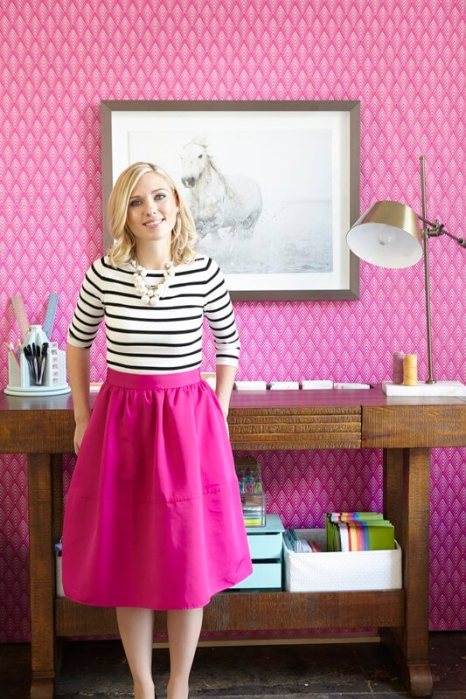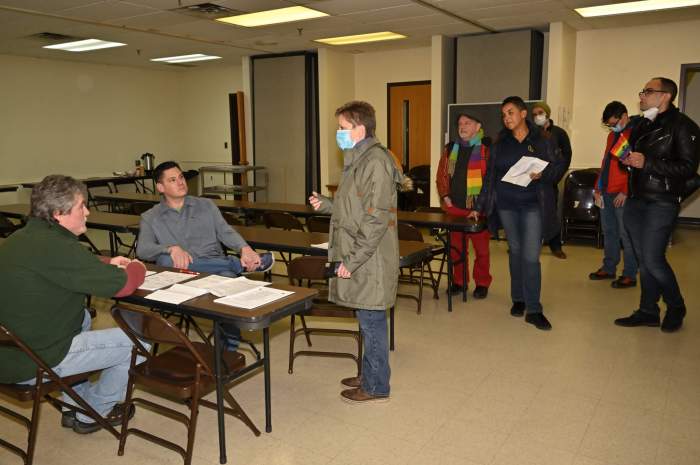Dream of growing your own tomatoes or zucchini one day? Well, you don’t have to wait for a home with a backyard.
At a recent urban garden event by Seeds of Change to announce their grant program — which awards funding to organizations focused on community-based gardening — the topic turned to our own “You can easily grow vegetables and greens in an apartment or urban setting,” insists natural lifestyle expert Sophie Uliano. “A lot of people think, ‘I haven’t got any room.’ Well, fire escapes, balconies or even a nice, sunny windowsill is perfect.”
Uliano, who grew up in the bucolic English countryside before moving to Los Angeles, recommends city dwellers start with these:
Cherry tomatoes Theresa Allan, residentgarden expert at Seeds of Change, helps us get started.
When is the best time for those living on the East Coast to start planting veggies and herbs?
You can start cool season crops about four weeks before the last spring frost, which is usually around the first week of May. Warm season crops are often started indoors about four weeks before the last spring frost, then transplanted outside when weather is warm. Cool season crops include: beets, broccoli, cabbage, carrots, cauliflower, kale, leeks, lettuces and salad greens, onions, peas, radishes, spinach, turnips
Warm season crops to start indoors include: eggplant, peppers, tomatoes, tomatillos, basil, perennial herbs, perennial and annual flowers
What grows best “You can grow nearly anything in a container,” says Allan. “We recommend a minimum container size Here are her picks for compact varieties specifically for growing in small spaces:
Bush Champion cucumber
Maglia Rosa tomato
Legend tomato
Oregon Spring tomato
Tom Thumb pea
Gold Nugget squash
Mesclun salad mix
All lettuce mix
Mild greens mix
All lettuce and All peppers
All herbs
personal vegetable patches.
“They’re fun to grow and they grow really quickly,” she says. “Spring is the time to plant them, so you can start now.” And if you really want to wow friends at your next get-together, the green expert says pot some basil, too. “Add in mozzarella and you’ve got little hors d’oeuvres — and you’ve grown them.”
Herbs
“If you buy fresh herbs, they’re very expensive. And they come in little plastic packets that don’t last very long,” says Uliano. Plus, she explains, you hardly ever use the bag up. “You might just need a few leaves for a recipe. So the beauty of growing things like this is you pick just what you need.”
Greens
“Baby lettuce ormicrogreens in stores like Whole Foods are super expensive,” stresses Uliano.
“I love growing greens like arugula because it grows very quickly and you just snip the leaves off, put them in your salad, and they’ll regrow. It’s the gift that keeps on giving.”
in containers?
of 3 to 5 gallons, depending on the size of the plant.”
salad greens
























